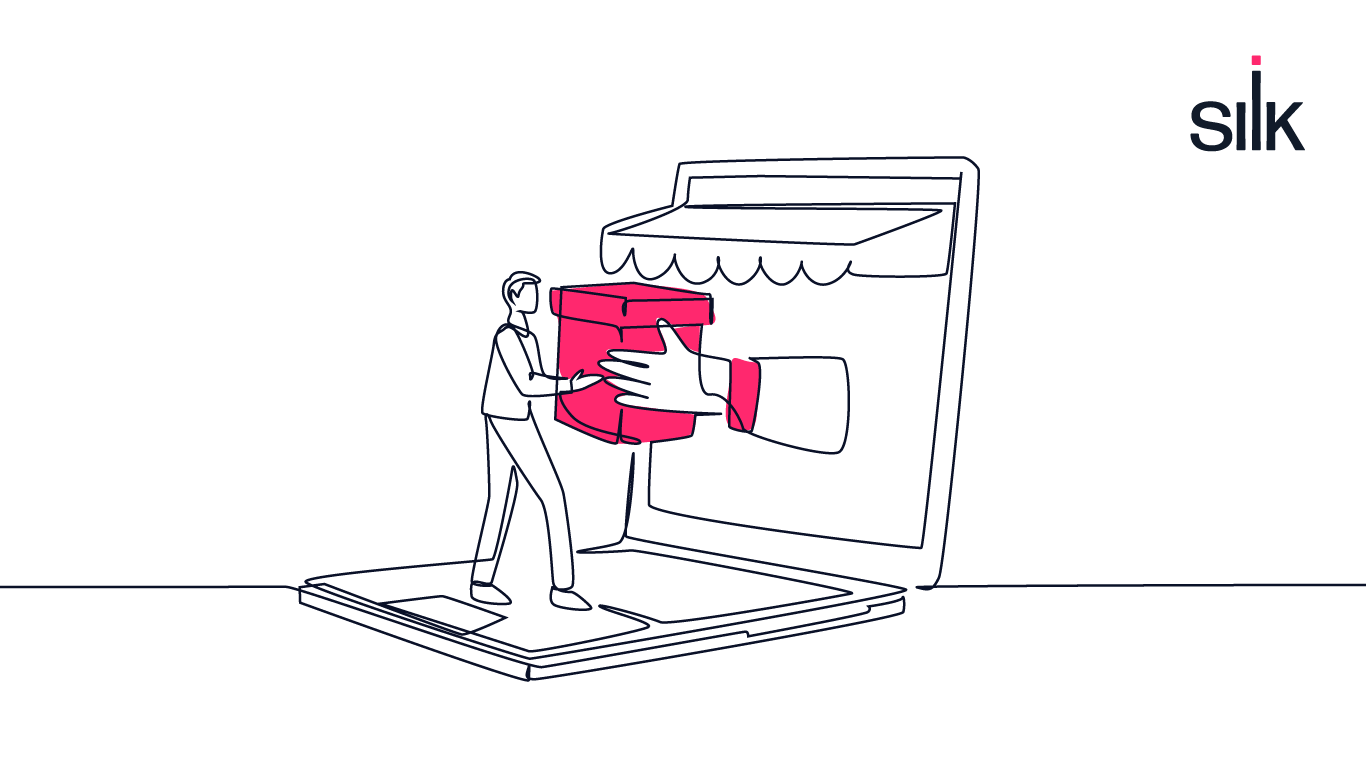Have you ever noticed how shopping has evolved from a simple trip to the store to a fully immersive, tech-infused experience? Today’s consumers are seeking personalized shopping encounters that seamlessly blend the physical with the digital. Rather than merely selling products, retailers must now adopt the mindset of technology companies to meet these evolving demands. In this blog post, we’ll explore some innovative retailers leading the charge and delve into the compelling reasons why retailers need to embrace technology.
Retailers Pioneering the Tech-Forward Approach
Let’s take a closer look at some notable retailers from both the UK and the US that have successfully integrated technology into their operations:
- Screwfix (UK): This home renovation retailer has embraced digital platforms, offering next-day delivery and click-and-collect services. By combining digital convenience with in-store experiences, Screwfix simplifies the process for customers tackling DIY projects.
- Starbucks (US): Through initiatives like Deep Brew, Starbucks utilizes AI to ensure customers receive their coffee just the way they like it, all while optimizing operational efficiency to minimize wait times.
- Lego (US): Partnering with Epic Games, Lego has transformed playtime by creating a digital playground where imagination meets technology. This innovative approach offers children an entirely new way to engage with their favorite toys.
- Tesco (UK): Tesco has revolutionized grocery shopping with drive-through pick-up spots and micro-fulfillment hubs, enabling customers to bypass long queues and efficiently obtain what they need.
- Amazon (US): A pioneer in retail technology, Amazon leverages machine learning and AI to provide personalized shopping experiences. Their Amazon Go stores, devoid of traditional check-out lines, exemplify the future of retail convenience.
Technology Trends Reshaping Retail
Several transformative technology trends are reshaping the retail landscape, enhancing customer experiences and operational efficiency:
- Generative AI in Retail: AI-powered solutions enable retailers to offer tailored experiences, optimize inventory management, and even create personalized product recommendations.
- The Value of Data in Retail: Data-driven insights fuel recommendation engines, pricing strategies, and supply chain optimization, empowering retailers to better understand and serve their customers.
- Subconscious Commerce and Generative AI: Streamlining the purchasing process through personalized subscriptions and custom-fit solutions, retailers leverage AI to anticipate and fulfill customer needs seamlessly.
- Circular Retail and Sustainability: Embracing sustainability, retailers engage in practices such as recycling, repair, and reuse, thereby reducing environmental impact and meeting consumer demand for ethically sourced products.
- Elastic Brands and New Services: Diversifying their offerings, retailers expand into new sectors and services, catering to evolving consumer preferences and fostering brand loyalty.
Why Retailers Must Embrace Technology
In today’s retail landscape, embracing technology is no longer optional; it’s imperative for survival and success. By leveraging technology, retailers can:
- Enhance the customer experience through personalization and convenience.
- Improve operational efficiency and inventory management.
- Stay competitive in an increasingly digital marketplace.
- Anticipate and adapt to evolving consumer preferences.
- Drive innovation and differentiate their brand from competitors.
In essence, retailers must recognize that they are not just selling products; they are providing experiences. By embracing technology and adopting a tech-forward mindset, retailers can meet the evolving needs of their customers and thrive in an ever-changing retail landscape. So, whether it’s integrating AI-powered solutions or leveraging data analytics, the future of retail is undoubtedly tech-driven and full of exciting possibilities.
What Are the 5 Things Retail CIOs Need To Do This Year?
Learn more in this conversation with former Frasers Group CIO, Simon Palmer.
Tell Me More!


